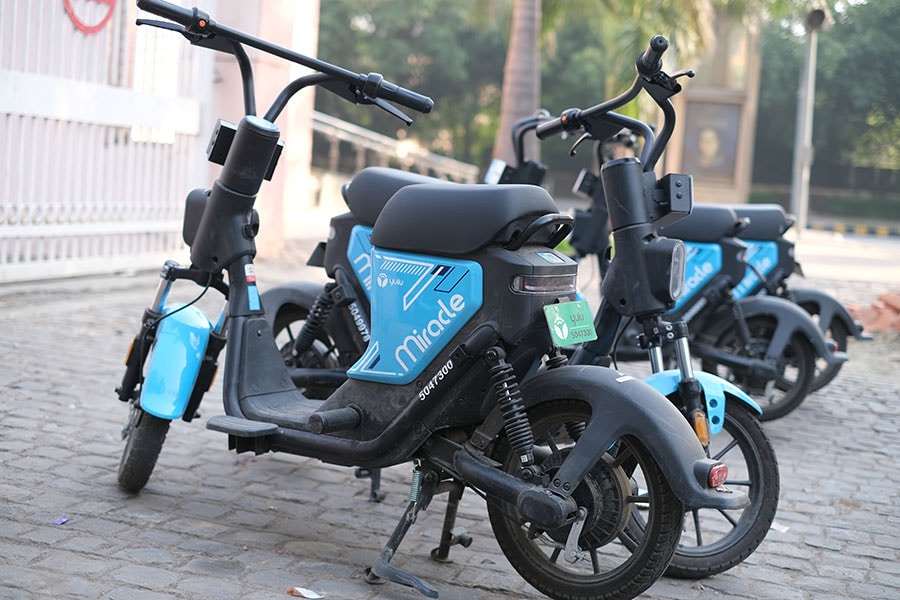
From low-speed e-bikes to 'reverse trikes', how India's EV scene is changing
New applications are emerging, but core problems like upfront cost and range anxiety remain, hampering mass adoption
 Image: Shutterstock
Image: Shutterstock
India’s consumer electric vehicle (EV) landscape is changing. Startups are emerging, offering new products like e-bikes and slow-speed scooters that don’t require a driving license, and new purchase options are being innovated to reduce the upfront cost of these vehicles to make them more competitive with their petrol-burning counterparts.
Yulu, for example, started directly selling a consumer version of its low-speed moped Miracle earlier this year, called Yulu Wynn, which is being manufactured by Bajaj Auto. With a top speed just under 25 kmph, users don’t need a license to use this moped on Indian roads.
Yulu Wynn costs about Rs 55,000, and users need to sign up for a subscription plan to use the vehicle. The purchase price doesn’t include the battery or software features, which are included in the subscription plans, and users also get access to the company’s Yuma battery swapping network. This is similar to how Ather Energy or Tata Nexon users pay for premium features on those vehicles, Amit Gupta, Yulu’s co-founder and CEO told Forbes India recently.
Kunal Khattar, a Delhi-based venture capital (VC) investor in the EV space, points out that if we find ways to take out the cost of the battery, then that’s practically half the cost of the EVs. So, more business models like Yulu’s will surely emerge. A bank might finance the battery and the consumer gets an affordable subscription plan.
TechCrunch reported on November 27 that EMotorad Ventures, an electric bicycle maker in Pune, has raised $20 million in a Series B round. EMotorad’s models feature self-diagnostics, removable batteries, dual disc brakes, portable chargers, and retractable aluminium frames. TechCrunch reports that the company offers a 48-hour resolution of customer complaints, citing co-founder Kunal Gupta.







